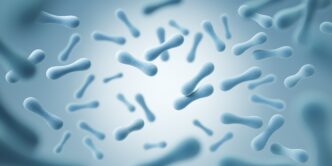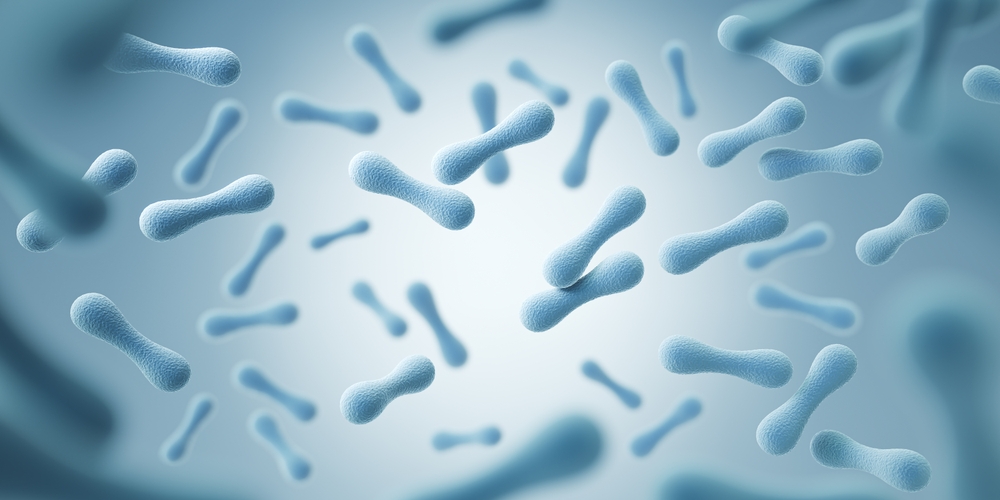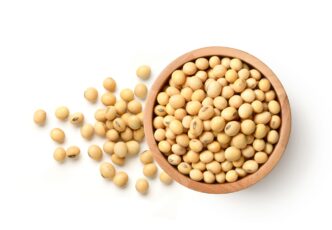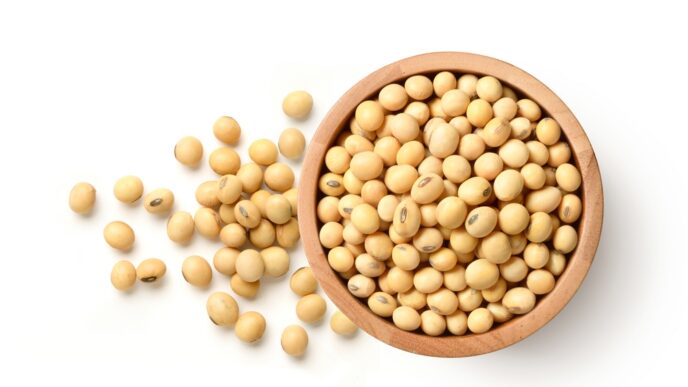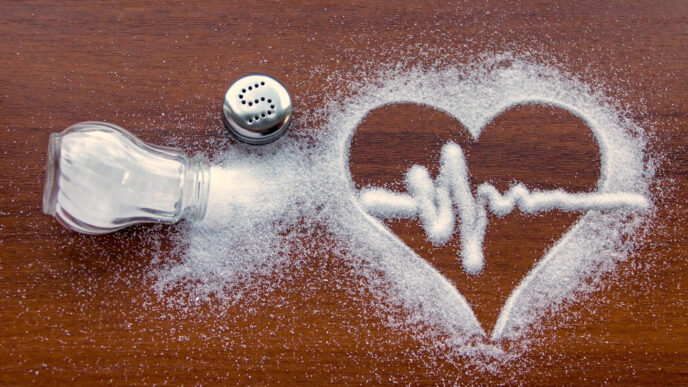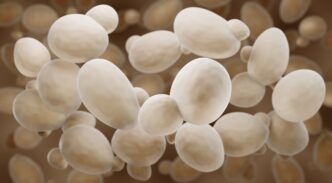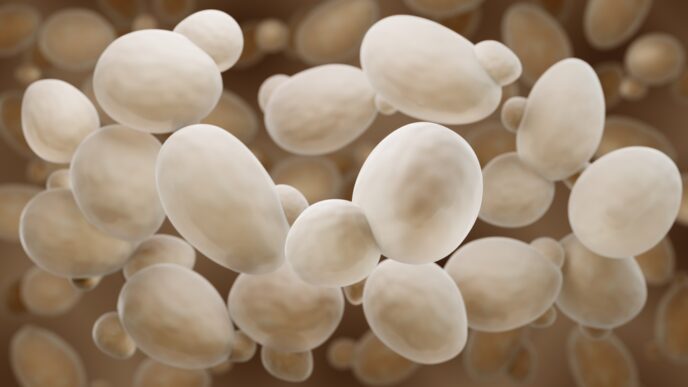Probiotics have taken the wellness world by storm, promising better gut health, immunity, and more. But what do these “good bacteria” really do? In this article, we uncover 5 surprising facts about probiotics you might not know — and why your gut might just thank you for it.
WORDS HANNAH MAY-LEE WONG
#1 THEY’RE ALIVE!
- The World Health Organization (WHO) defines probiotics as live microorganisms which, when administered in adequate amounts, confer a health benefit on the host.
- In other words, probiotics are live bacteria and yeasts that when taken, give good health benefits.
- Probiotics supplements mainly support the digestive system.
- There is evidence to show that some probiotics can help prevent diarrhoea caused by antibiotics and infections.
- Probiotics are also known to improve symptoms of irritable bowel syndrome (IBS) and help restore a healthy balance between “good” and “bad” bacteria in the gut.
#2 PROBIOTICS ARE COMMONLY REFERRED TO AS “GOOD BACTERIA”
- Some bacteria are dubbed “good” bacteria because they help support the healthy functioning of the body.
- Lots of “good” bacteria live in our digestive system, and they aid us in the process of digesting food, destroying disease-causing microorganisms and producing vitamins.
- Most of the microorganisms found in probiotics supplements are the same or similar to those good bacteria found naturally in our bodies.
#3 YOU DON’T JUST GET THEM FROM SUPPLEMENTS
- Probiotics don’t just exist in neatly packaged sachets or bottles found at the pharmacy.
- Certain foods are known to be rich in probiotics.
- Probiotics can be found in many fermented products, for example: yoghurt, kefir, kimchi, tempeh, pickles and more.
#4 NOT ALL PROBIOTICS SUPPLEMENTS ARE THE SAME
- There are a couple of things that can differ greatly from one probiotics supplement to another. These include:
- Colony forming units (CFUs)
- Suitability for children
- Required mode of storage; some need to be stored in the freezer
- Number of strains of bacteria.
- Different strains of bacteria give different health benefits, but generally there are two groups of bacteria commonly found in probiotics: Lactobacillus and Bifidobacterium.
- If you are unsure which probiotics is best for you, seek the advice of your physician.
#5 PREBIOTICS ARE NOT PROBIOTICS
- Prebiotics are non-digestible food substances that support the growth of “good” bacteria in the digestive system.
- When prebiotics are combined with probiotics, they are known as synbiotics.
| This article is part of our series on foods and how consuming these foods can affect various aspects of our health. |

